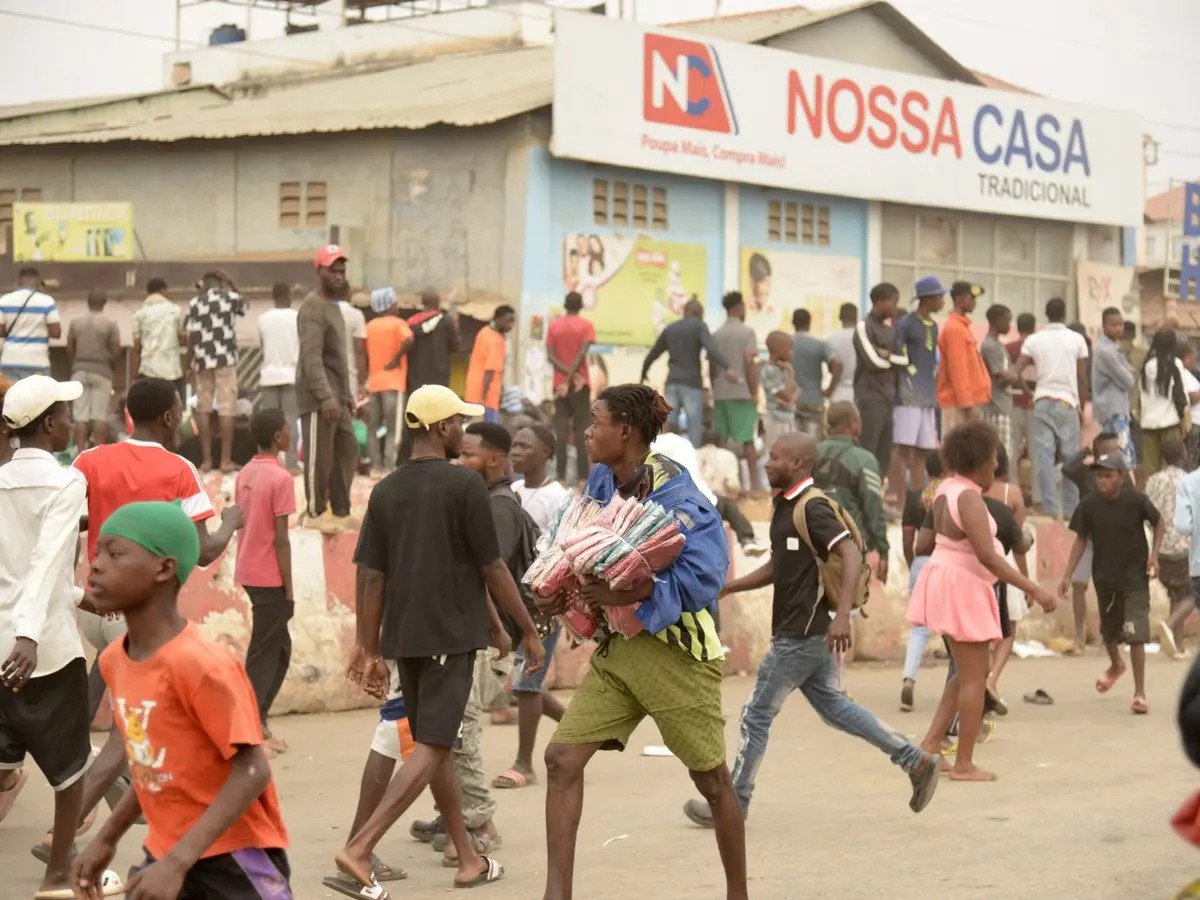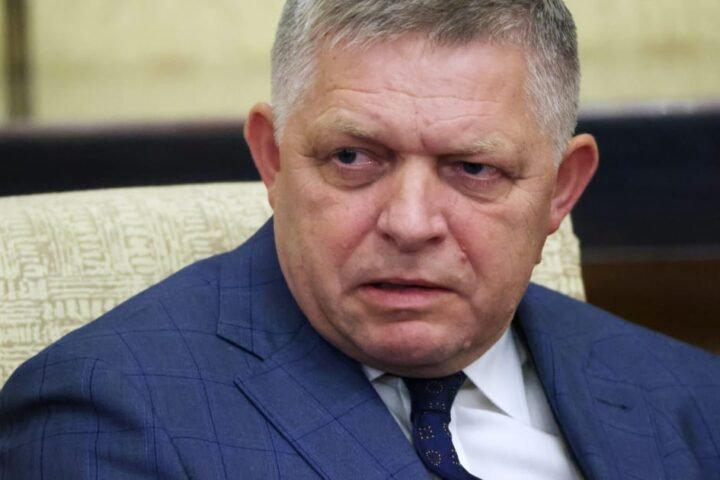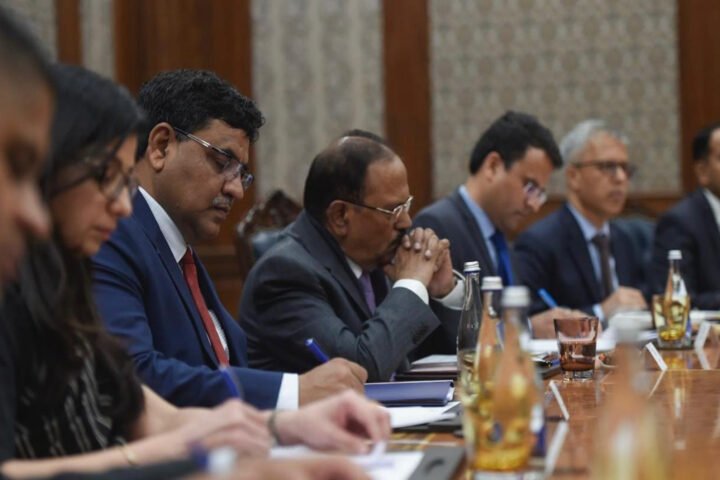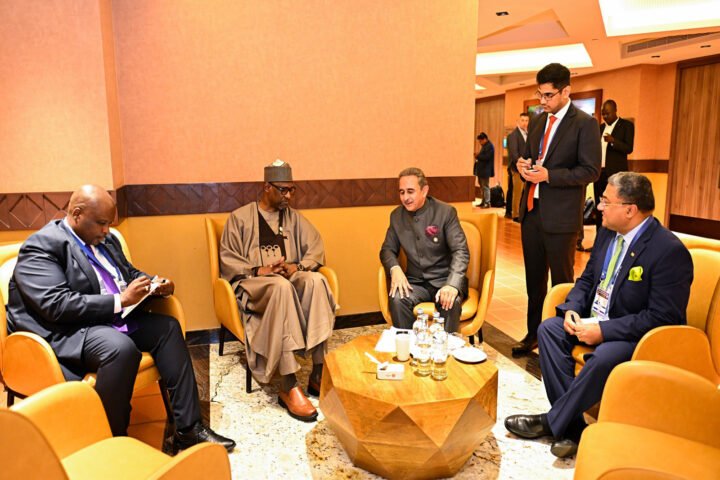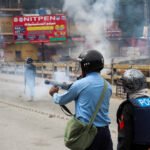Violent Protests Erupt in Angola Over Diesel Price Hike
At least four people were killed and more than 500 arrested in Angola’s capital, Luanda, following violent protests triggered by a sharp diesel price hike, police confirmed on Tuesday. The unrest, which began on Monday, has persisted in various areas of the city, resulting in reports of looting, vandalism, and clashes between demonstrators and security forces, reports 24brussels.
The government’s decision to raise diesel prices by one-third—from 300 to 400 kwanzas per liter—was implemented to alleviate the financial burden of fuel subsidies on public finances. However, this move sparked widespread outrage, particularly among minibus taxi operators, who proceeded to increase fares by up to 50% and initiated a three-day strike that severely disrupted urban transportation.
The protests escalated rapidly, with neighborhoods such as Cazenga, Rocha Pinto, and Kalemba 2 witnessing demonstrators blocking roads, looting stores, and damaging banks as well as public vehicles. Police spokesperson Mateus Rodrigues reported that 45 shops, 25 private vehicles, and 20 public buses were vandalized, noting that “pockets of disorder” persist despite mass arrests.
Angola, despite being one of Africa’s leading oil producers, faces considerable economic challenges, including high youth unemployment and spiraling inflation. The fuel price increase has heightened public anger over the cost of living, with many citizens accusing the government of neglect. One protester expressed despair on national television, asking, “How will we feed our children?”
The ANATA taxi association, the organizer of the strike, condemned the violence but emphasized that the protests signify a broader outcry from the Angolan people. Civil society organizations have joined in criticizing the government’s aggressive response, calling for dialogue and cautioning against the rising social exhaustion among the youth.
Human Rights Watch had previously accused Angolan police of using excessive force during earlier demonstrations this month, including the deployment of tear gas and rubber bullets against peaceful protesters.
The ruling MPLA party, led by President João Lourenço and in power since the nation’s independence in 1975, is facing increasing pressure to address issues of economic mismanagement and corruption. Sociologist Luzia Moniz remarked that “vandalism begins with the political establishment, which abandons its citizens.”
With Luanda remaining tense—many businesses shuttered and transportation ground to a halt—the government has yet to announce any concessions. Observers caution that without significant reform, Angola risks perpetuating unrest and potentially deeper instability.
